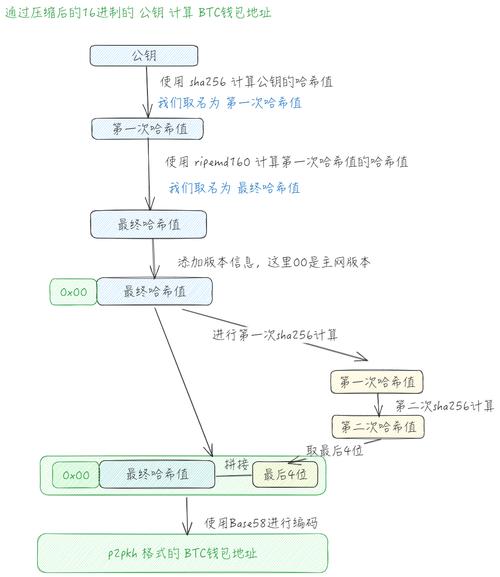Bitcoin Holders: Understanding the Distribution of Cryptocurrency Ownership, Trends, and Insights
This article delves into the world of Bitcoin ownership, exploring the number of holders, trends in cryptocurrency investments, and insights into the distribution of Bitcoin among investors.
This article delves into the world of Bitcoin ownership, exploring the number of holders, trends in cryptocurrency investments, and insights into the distribution of Bitcoin among investors.

What is Bitcoin Ownership?
Bitcoin ownership refers to individuals or entities that possess Bitcoin in their wallets. As one of the most prominent cryptocurrencies, Bitcoin has grown exponentially since its inception in 2
009, leading to a diverse range of holders that include retail investors, institutional investors, and even governments.
As of recent estimates, there are approximately 43 million Bitcoin holders worldwide. This number is consistently increasing as more people and institutions recognize the potential of Bitcoin as a store of value and a medium of exchange. The accessibility of cryptocurrency trading platforms has also made it easier for individuals to acquire Bitcoin.

Distribution of Bitcoin Holders
The distribution of Bitcoin holders is not uniform. A significant portion of the total Bitcoin supply is held by a relatively small number of addresses. This phenomenon is often referred to as “Bitcoin wealth concentration.” As of recent analyses, over 68% of Bitcoin is held by just 1% of wallets, indicating that wealth is substantially concentrated among a few large holders.
Conversely, a growing number of smaller holders are accumulating Bitcoin, indicating a shift toward retail investment. These holders often see Bitcoin as a means of hedging against inflation and economic instability.

Trends in Bitcoin Holdings
Recent trends indicate an increasing interest in Bitcoin from traditional financial institutions. Companies like MicroStrategy and Tesla have made significant Bitcoin purchases, which has led to broader acceptance of cryptocurrency as a legitimate asset class. This institutional interest has contributed to a surge in Bitcoin’s price and market capitalization.
Moreover, the advent of exchange-traded funds (ETFs) that include Bitcoin has further legitimized its use among mainstream investors. These trends highlight the evolving landscape of Bitcoin ownership and signal a growing acceptance of digital currencies in financial portfolios.
As Bitcoin continues to gain traction, educational initiatives that inform potential investors about how to safely buy and hold Bitcoin are crucial. Understanding wallet security, private keys, and the intricacies of cryptocurrency exchanges are essential for both new and existing holders.
In summary, the number of Bitcoin holders is on a steady rise, with approximately 43 million individuals owning Bitcoin globally. While ownership is concentrated among a small number of wallets, the trend towards retail investment and institutional adoption is promising. The landscape of Bitcoin ownership continues to evolve, making it essential for potential investors to stay informed and educated on the best practices for managing their cryptocurrency assets.






